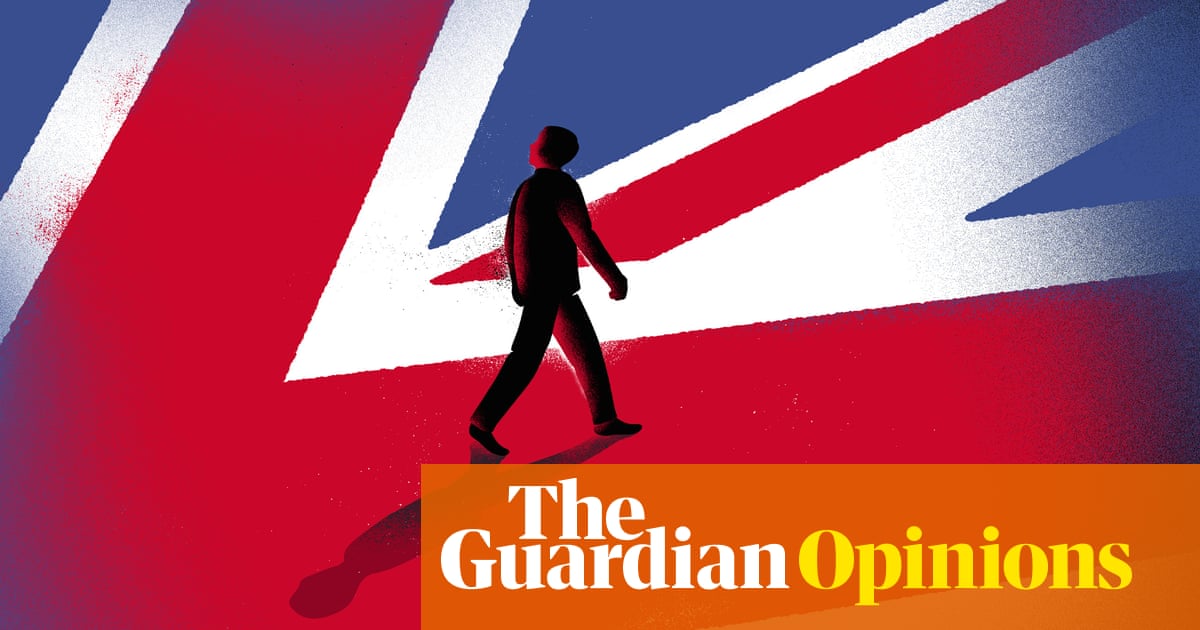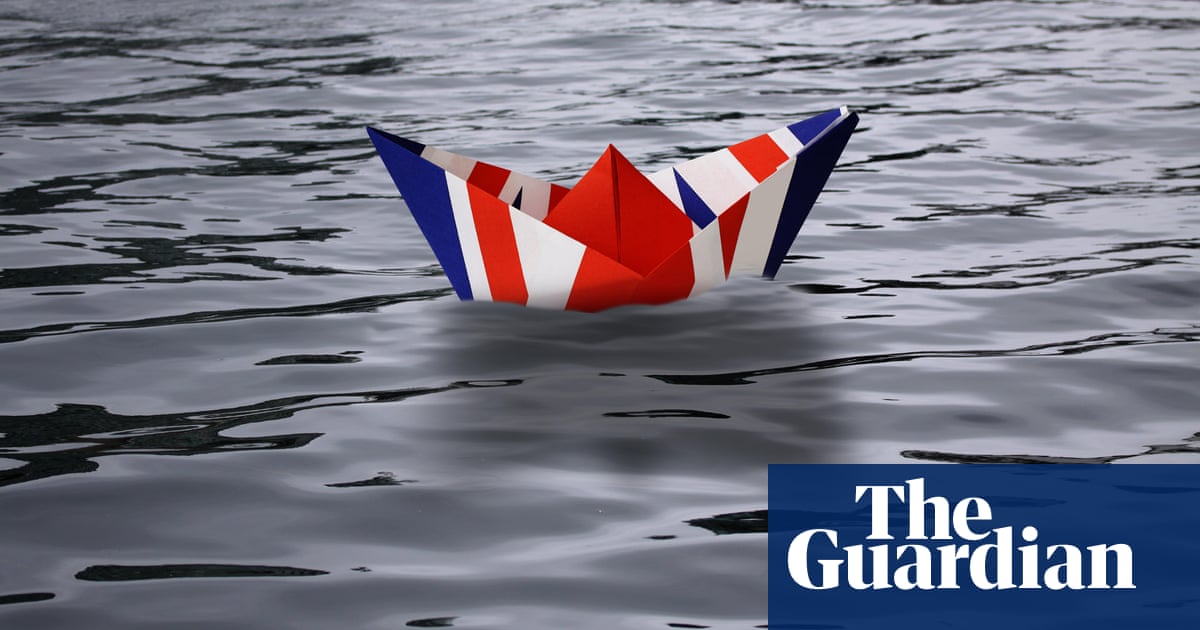Alexander Rooksmoor
Well-known member
I do not remember seeing this exhibition mentioned on here, but please forgive me if it has. The Roads Not Taken exhibition has been running in the German Historical Museum in Berlin since December 2022 and continues until November 2024. If you are going to, or near, Berlin in coming months you might like to take a look.
Here are some details about this exhibition (in English): https://www.dhm.de/en/exhibitions/roads-not-taken-oder-es-haette-auch-anders-kommen-koennen/#/
There are resources in the website in English and English-language tours of the exhibition seem to be run once every afternoon.
There is an accompanying book in German, but an English version is due out this summer, 2023: https://www.dhm.de/en/publication/r...ed-out-differently-german-caesuras-1989-1848/
In reverse chronological order it looks at points in German history in which a different 'road' could have been taken:
1989 - the Peaceful Revolution in the German Democratic Republic (East Germany)
1969 - the launching of Ostpolitik
1961 - the building of the Berlin Wall
1952 - the Stalin Note
1950 - the Korean War
1948/9 - the Berlin Airlift
1945 - failure to blow the bridge at Remagen
1944 - attempted assassination of Hitler
1936 - the Occupation of the Rhineland
1933 - the Nazis coming to power
1932 - the ousting of Chancellor Brüning
1918 - the German Revolution
1914 - outbreak of the Great War
1866 - Austro-Prussian War
1848 - Germany's first attempt at a democratic awakening
Here are some details about this exhibition (in English): https://www.dhm.de/en/exhibitions/roads-not-taken-oder-es-haette-auch-anders-kommen-koennen/#/
There are resources in the website in English and English-language tours of the exhibition seem to be run once every afternoon.
There is an accompanying book in German, but an English version is due out this summer, 2023: https://www.dhm.de/en/publication/r...ed-out-differently-german-caesuras-1989-1848/
In reverse chronological order it looks at points in German history in which a different 'road' could have been taken:
1989 - the Peaceful Revolution in the German Democratic Republic (East Germany)
1969 - the launching of Ostpolitik
1961 - the building of the Berlin Wall
1952 - the Stalin Note
1950 - the Korean War
1948/9 - the Berlin Airlift
1945 - failure to blow the bridge at Remagen
1944 - attempted assassination of Hitler
1936 - the Occupation of the Rhineland
1933 - the Nazis coming to power
1932 - the ousting of Chancellor Brüning
1918 - the German Revolution
1914 - outbreak of the Great War
1866 - Austro-Prussian War
1848 - Germany's first attempt at a democratic awakening



